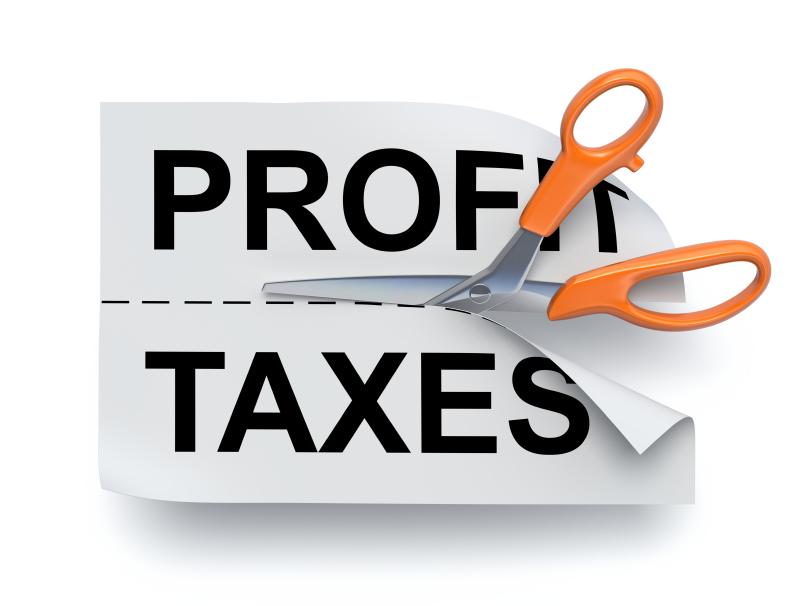Home » Uncategorised »
The Government’s Guide to Tax Relief Changes for Residential Landlords
This article is an external press release originally published on the Landlord News website, which has now been migrated to the Just Landlords blog.

Ahead of the phased introduction of tax relief changes for residential landlords in April 2017, the Government has released a guide that explains how the restriction will affect you.
As of April next year, the amount of income tax relief that landlords can claim on residential property finance costs will be cut to the basic rate of tax.
The changes
These changes will affect you if you let out residential properties as an individual, or in a partnership or trust.
The reduction will change how you receive relief for interest and other finance costs, and will be gradually introduced over four years from April 2017.
Under the new rules, finance costs will not be taken into account to work out your taxable property profits. Instead, once the income tax on property profits and any other income sources has been assessed, your income tax liability will be cut to the basic rate. For landlords, this will be the basic rate value of your finance costs.
Who will be affected?
You will be affected by the changes if you are a:
- UK resident individual that lets residential properties in the UK or overseas
- Non-UK resident individual that lets residential properties in the UK
- Individual who lets such properties in partnership
- Trustee or beneficiary of trusts liable for income tax on property profits
All residential landlords with finance costs will be affected, but only some will pay more tax.
You won’t be affected by the introduction of the reduction if you are a:
- UK resident company
- Non-UK resident company
- Landlord of furnished holiday lets
If you operate as any of the above, you will continue to receive relief for interest and other finance costs as usual.
What does the restriction include?
The finance costs that will be restricted include interest on:
- Mortgages
- Loans – including loans to buy furnishings
- Overdrafts
Other costs affected are:
- Alternative finance returns
- Fees and any other incidental costs for getting or repaying mortgages and loans
- Discounts, premiums and disguised interest
If you take out a loan for both residential and commercial properties, you will need to use a reasonable apportionment of the interest to work out your finance costs for the residential properties, as only the finance costs for the residential property business are restricted. This also applies if your loan was taken out partly for a self-employed trade and partly for residential property.
The introduction
The changes will be phased in gradually from 6th April 2017 and will be fully in place from 6th April 2020.
As of April next year, you will still be able to deduct some of your finance costs when working out your taxable property profits during the transitional period. These deductions will be gradually withdrawn and replaced with a basic rate tax relief reduction.
You will still be able to use some of your finance costs to work out your property profits and use your remaining finance costs to work out your basic rate tax deduction as follows:
|
Tax year |
Percentage of finance costs deductible from rental income |
Percentage of basic rate tax reduction |
|
2017-18 |
75% | 25% |
|
2018-19 |
50% |
50% |
|
2019-20 |
25% |
75% |
| 2020-21 | 0% |
100% |
Other implications of the changes
These new rules mean that the way taxable income is calculated will change, and that could have other implications for some. For example, if you or your partner receive child benefit and your income is over £50,000, the high income child benefit charge may apply.
These changes were announced in the summer Budget 2015 and are contained in Finance (No. 2) Act 2015, as amended by Finance Bill 2016.





